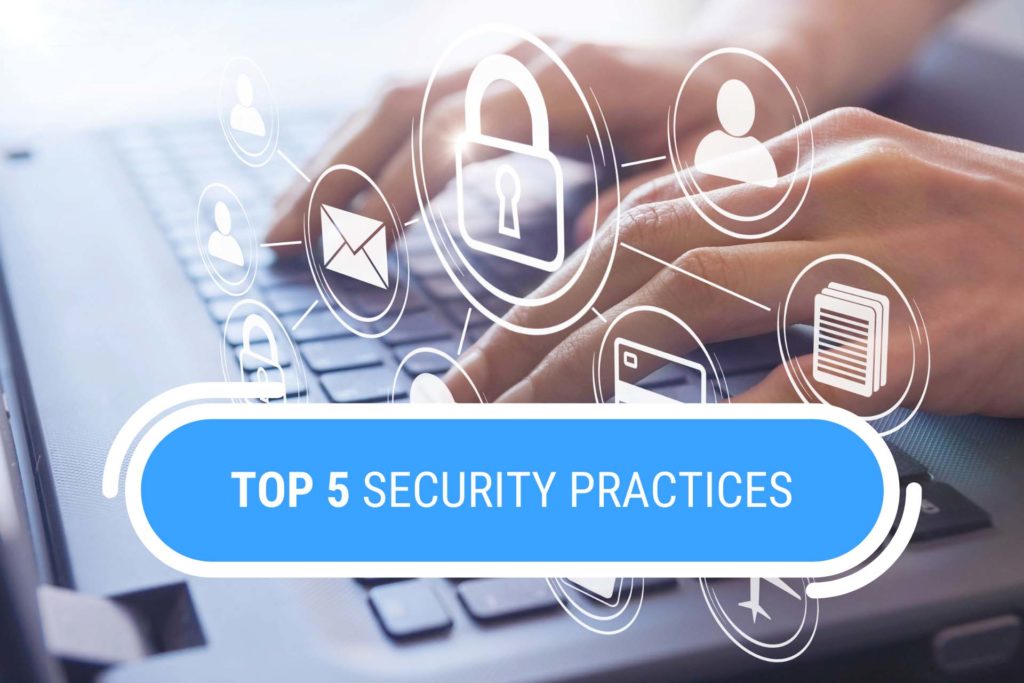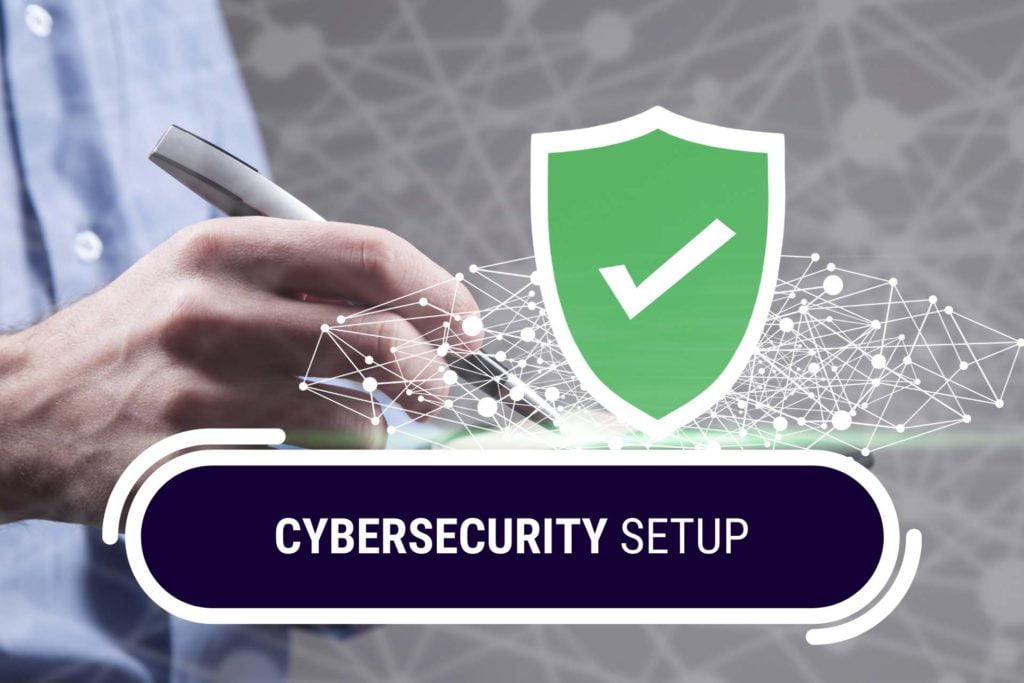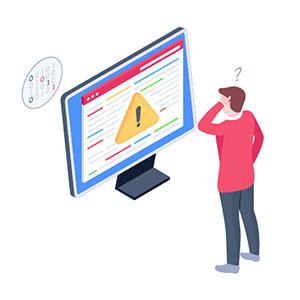As we move into 2022, it’s now easier than it’s ever been for a business owner to build their own small business website. Creating a website is one thing, but it’s not as easy to make a secure one that will protect not only your business online, but any customer data that may pass through it. You wouldn’t leave your office unlocked overnight, would you?
Well…
At Guaranteed SEO our main priority when building a new website is, you guessed it… SEO. This includes proper optimization in the content, page speed, mobile usability and responsiveness among other things. But one thing that may not be so obvious is the security practices we have in place on our clients’ websites and our servers.

Here is a list of the 5 most important security practices you should implement right away on your website and hosting server:
Nowadays, Google recommends that every website have an SSL certificate installed on the server, and as it’s an SEO ranking signal we make sure all our clients have one. But if you are hosting your business website on a shared host like Godaddy or Hostgator make sure to ask them to set up an SSL certificate and force your website to run through the secure protocol (HTTPS)
The most common CMS used by small businesses is WordPress. There are several advantages to utilizing WordPress, but the biggest drawback is that it is a large target for hackers since it is so widely utilized. The easiest approach to avoid being hacked is to keep your CMS software and plugins up to date.
Another important tool to have is a firewall installed on your server. This will limit the ways someone could connect to your server. Brute force protection will limit the number of times someone can try and log in to your server or website. We use a firewall on our servers and another security plugin directly on each website for double protection against these hacks.
No matter how much protection you have in place on your website something could always go wrong. A hacker gets in, a plugin update breaks something on your site, or maybe a server crash causes you to lose some data. If you have proper backups in place (ideally daily for e-commerce and weekly for more static sites) you can always revert back to the latest version in a couple of clicks. At Guaranteed SEO we have to host plans that offer weekly or daily backups for all website files and databases.
A simple password that is used in multiple places is the most common way a “hacker” gets access to a website or account. Ideally, you would have a different password for each website, account, or service you use. Most people don’t follow this, but for your most important accounts like a business website or server, you must try to do this consistently. A complex password is very important as well. A mixture of letters (upper and lowercase), numbers, and symbols should be used. A password manager is an easy way to keep these stored as they could be hard to remember or type.

Keep in mind that we’re only talking about website security in this post, but you should also safeguard your devices, email, internal networks, and other digital assets that you own or utilize.
For a small business, a website can seem like a nice solution to get online presence. But a hack or breach could be detrimental to your business and can take up your valuable time and resources to get everything fixed.
Good security starts with a mindset and requires a holistic approach. Here are a few bonus tips to develop a better security culture for your business.
Your website security needs to be part of your company’s culture and not simply a line item in your website budget. Your website security should always be on everyone’s mind, from executive management to website developers and employees who handle customer information. Educate your staff on the importance of website security
One of the most important steps is to think like an attacker. What is it that they are trying to accomplish? What are they after? Once you understand how attackers operate, you can build processes and procedures around thwarting their attempts at infiltrating your company’s digital assets
Automated hacking is on the rise. Fortunately, there are measures you can take on your site to protect it. These include requiring passwords for every page and setting up CAPTCHAs. A CAPTCHA requires users to type in a string of distorted letters or numbers displayed within an image, recognize and identify objects in an image or some other task that humans perform easily but are harder to automate. It helps prevent bots from accessing your site without permission by making them decode the text before logging in.
We hope you find these tips helpful and that they encourage you to take a closer look at your current online security measures to analyze areas for improvement. Remember, it’s not just about having to spend money to fix the problem once you do get hacked, it’s also about protecting your brand from negative public opinion if someone breaks into your website and does something embarrassing using your company’s name.

If you’re worried that your online security needs improvement, contact our website development and hosting specialists to learn what needs to be done to improve your online security.
Call us at 1-866-588-8282 if you have any questions or concerns about your website’s security